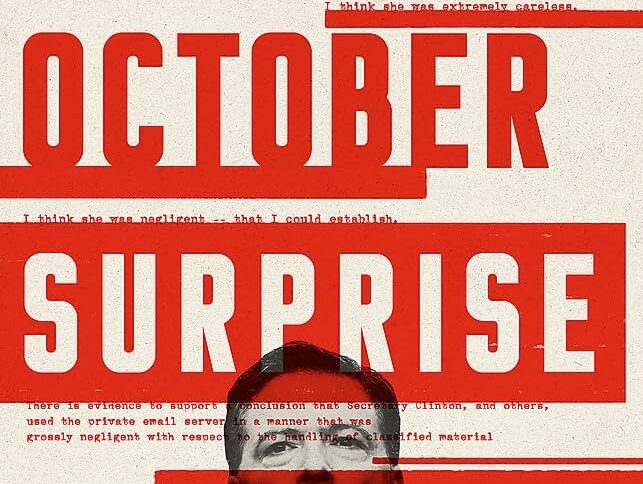World News – 2024 – Video Playlist | Video Playlists | Sites: | newsandtimes.org | links-newsandtimes.com | worldwebtimes.com | southcaucasusnews.com | russianworld.net | jossica.com | octobersurprise2016.org | bklyntimes.com | oceanavenuenews.com | fbireform.com | bloggersunite.net | octobersurprise-2024.org | Trump-News.org | Audio-Posts.com | Bklyn-NY.com | Posts Review – newsandtimes.org | Capitol-Riot.com |
The News And Times Review – NewsAndTimes.org
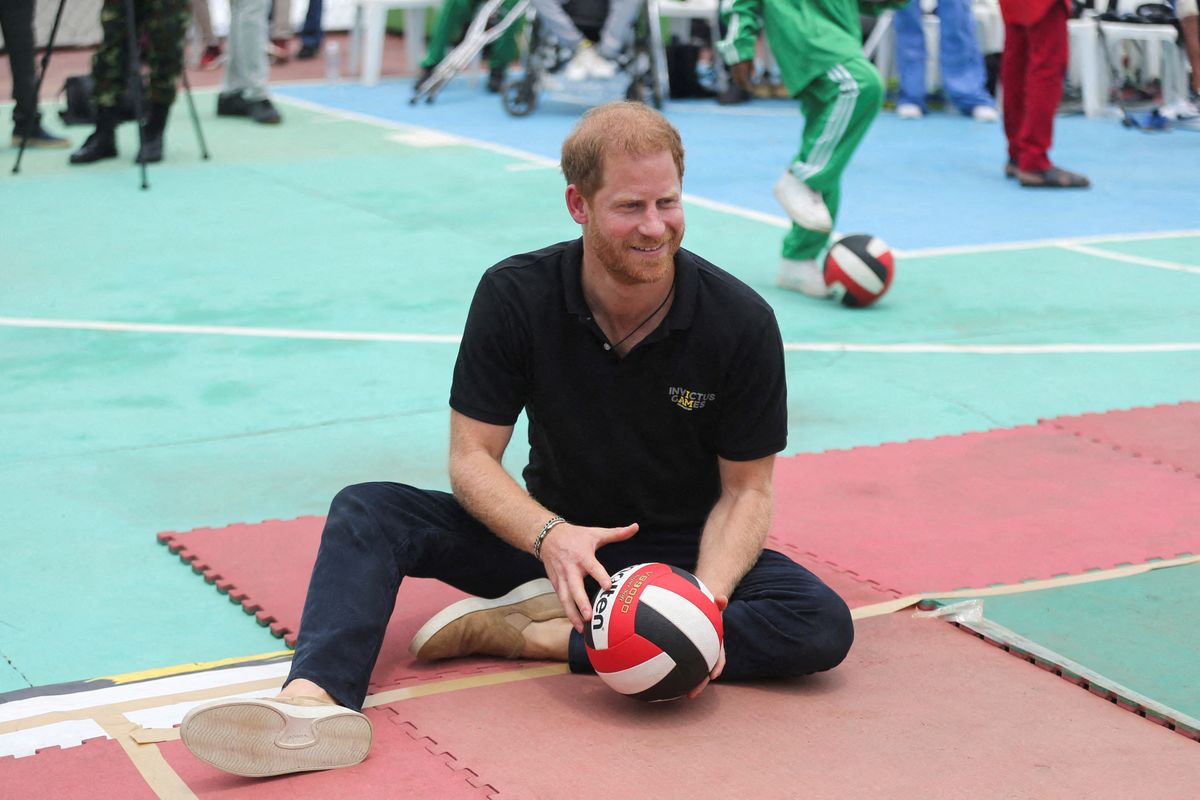
A Court of Appeal judge has told Prince Harry he cannot “jump the queue” ahead of his appeal against a High Court ruling.
The Duke of Sussex was this week granted permission to appeal against a decision made in February that backed the Government’s right to deny him automatic police protection.
Prince Harry had wanted the appeal to be heard by the end of July, partly due to fears that the ruling would influence the approach other countries take to his security.
He started the action after the Home Office decided in February 2020 that he would not automatically receive personal police security while in Britain.
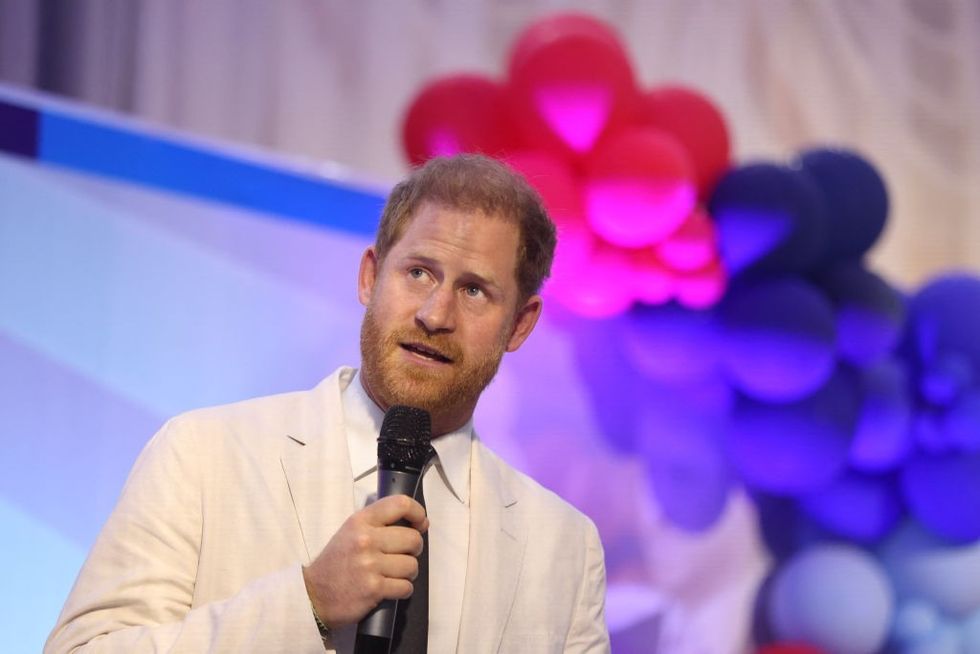
In February, the High Court in London ruled that the decision was lawful and dismissed Harry’s case, and in April refused him permission to challenge that ruling in a higher court.
However, the Court of Appeal has now said it will hear his challenge following a direct application from Harry’s lawyers, who said Harry had been granted permission to appeal.
The Duke had argued that the litigation had already dragged on for two-and-a-half years and said his legal team would be busy with other matters from October.
However, while Lord Justice Bean allowed the appeal, he refused the application to expedite proceedings. The judge said: “It is rightly not suggested that the claimant is entitled to jump the queue because of his status.”
LATEST ROYAL NEWS:
- Beatrice ‘relatable to millions of British children and families’
- Harry’s legal move ‘indicates duke wants to spend more time in the UK
- Beatrice and Eugenie’s royal promotions could spark ‘tension within Royal Family’
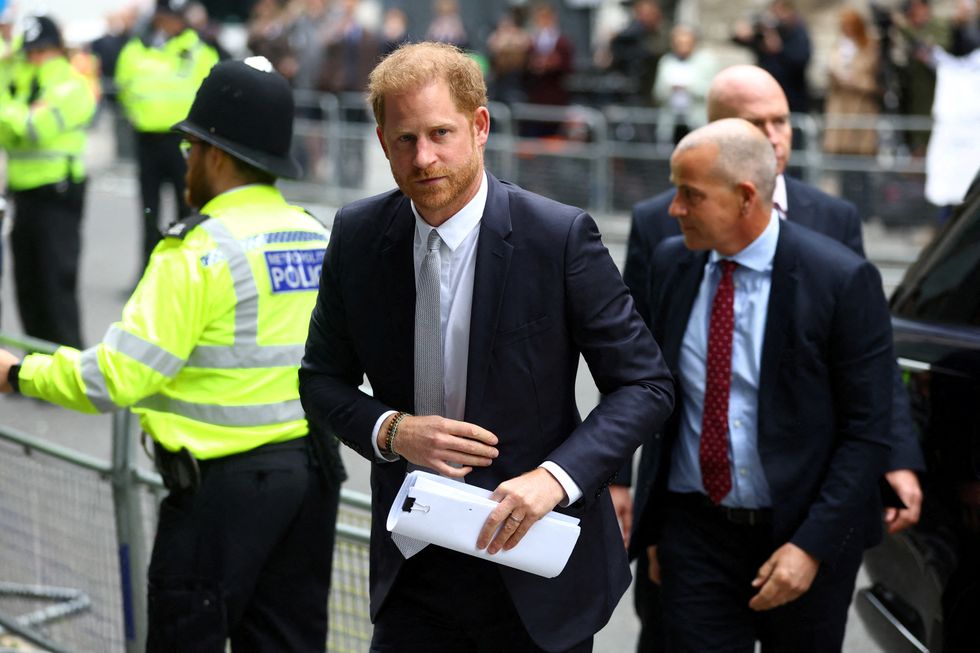
Harry, along with other senior royals, had received full publicly-funded security protection before he stepped back from his royal duties and moved to California with his American wife Meghan in March 2020.
The Executive Committee for the Protection of Royalty and Public Figures, known as RAVEC, then decided Harry would no longer receive the same level of protection.
Judge Peter Lane had concluded that RAVEC was entitled to reach this conclusion and ordered that he should pay 90 per cent of the Home Office’s “reasonable costs” in defending the case, though the government’s total outlay was not stated.
In granting permission for an appeal, Judge David Bean said he was persuaded, “not without hesitation”, that Harry’s challenge on the grounds that RAVEC had not followed its own stated policy had a real prospect of success.
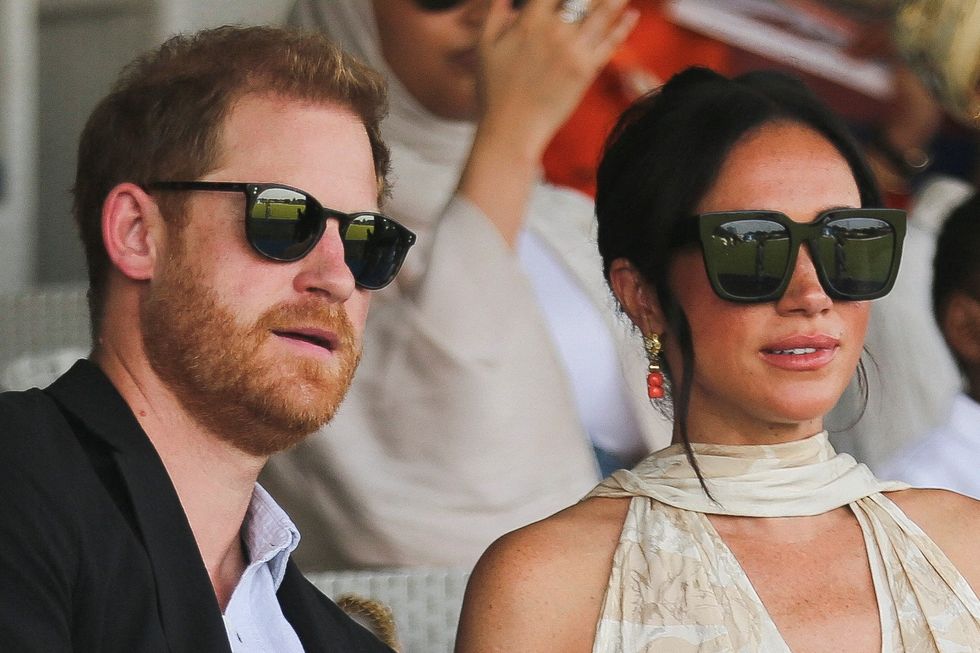
Lord Justice Bean acknowledged that if the Duke were to win his appeal, the issue of costs would have to be revisited.
But he added: “As a free-standing ground of appeal this is hopeless. The judge was exercising a broad discretion. The claimant had failed to establish his case.”
He said Mr Justice Lane had decided what deduction should be made from the costs payable to the Government “because of the breach of the duty of candour”, adding that his decision was “unimpeachable.”

